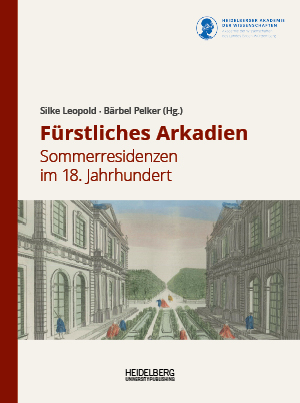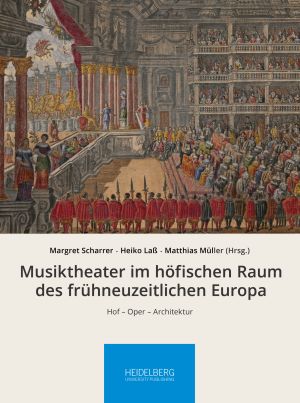Hochmuth, Michael
Fürstliches Arkadien: Sommerresidenzen im 18. Jahrhundert
In academic research, princely summer residences are regarded as places of longing, where rulers sought to realize their dream of an earthly paradise and escape the constraints of courtly ceremonial. Traditionally, this research has been based in history of art. What music was made in the summer residences, and how it might have differed from that of the main residence, has not yet been systematically studied. The conference made a contribution to this by examining the musical life at selected European summer residences of the eighteenth century and relating it to one another. The individual contributions present the respective situations of the cultivation of music at selected summer residences in the German-speaking countries as well as in Italy, Spain, England, Sweden and Russia.
Musiktheater im höfischen Raum des frühneuzeitlichen Europa: Hof – Oper – Architektur
The unification of the arts in the "Gesamtkunstwerk" of courtly opera has repeatedly been the subject of musicological research, but so far, for example, the specific spatial-architectural side of courtly opera has hardly been considered. Music theater means scenic performance and architecture alike. Both formed essential components of lordly representation in the 17th and 18th centuries. In the Old Kingdom, therefore, not only the aristocratic nobility arranged music-theatrical performances, but smaller courts also brought ballets and operas on stage. The interdisciplinary contributions of a conference of the Rudolstädter Arbeitskreis zur Residenzkultur deal with the topic in a European perspective and explain the diverse connections that existed between the music theater and the courtly space in the architectural, political-cultural and social sense.





